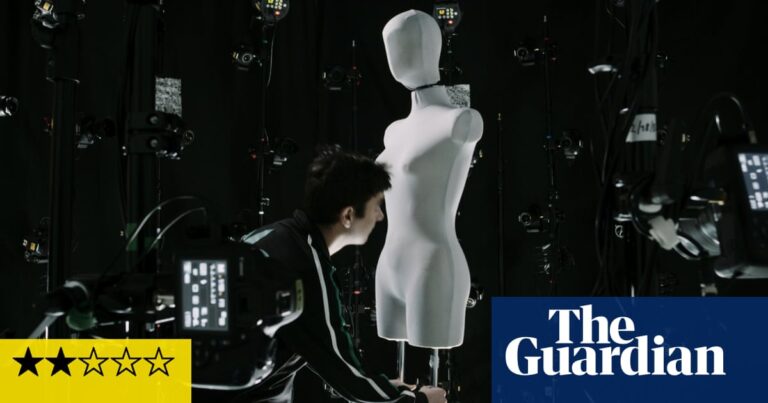isTwins, doppelgangers, clones. The vision of twins has long fascinated directors and audiences. But when a technology that once belonged to the realm of science fiction is now a reality, it’s unsettling. German model Lale is interested in creating a 3D clone of herself, and this documentary by Katharina Petke touches on a disturbing new reality.
The theory behind the project seems promising on the surface: as the company providing Lale with body-scanning services explains, the 3D clones would allow Lale to work on more campaigns and increase his income without the hassle of paying staff directly. What’s surprising, however, is that all of the company’s 3D avatar examples are of non-white models. There’s been a recent push for more inclusive environments in the fashion and modeling industries, but is this an easy way for brands to claim diversity without expanding their talent pool?
It’s a thorny issue, but Petke’s documentary seems uninterested in or unprepared to explore it, which seems like a misstep given Lale’s black heritage. Instead, Petke focuses primarily on the practical aspects of the process: Lale, nude and clad in only her underwear, is surrounded by countless tripods, countless cameras filming every inch of her body. First rendered in 2D on a computer screen, her physical features are flattened like a paper doll and broken into separate parts.
In a somewhat contrived ending, Lale wanders into the forest and comes face to face with his clone, further highlighting the tension between nature, man and machine. The film may foreground the sinister aesthetics of the process, but its exploration is frustratingly superficial.


